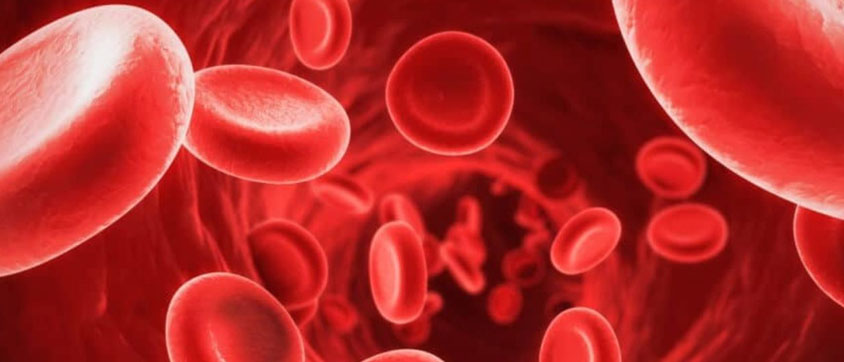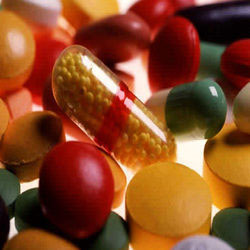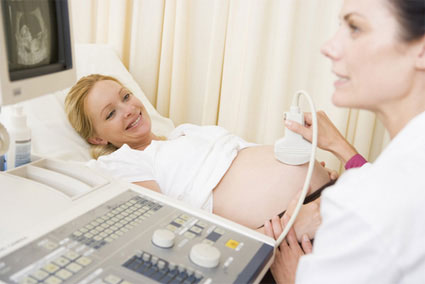The flow of blood is increased during pregnancy. This is due to the increase in the volume of blood flowing for the needs of the growing baby. Haemoglobin is an important content of blood that gives red colour to our blood. Maintaining blood levels, specifically speaking, maintaining the haemoglobin levels in blood is much important during pregnancy for the pregnant women to give birth to healthy babies.
Significance of Haemoglobin Test during pregnancy
Due to the presence of haemoglobin in the blood, the blood carries oxygen to various parts of the body. So, when the haemoglobin content becomes low, the oxygen supplied to various parts of the body of the pregnant women becomes low, which will have a negative impact on the baby leading to
miscarriages, pre-mature delivery or lower birth weight. Low haemoglobin levels in blood can cause anaemia in pregnant women. Anaemia should be attended properly during pregnancy. In worst cases, anaemia may lead even to the death of the mother or the baby or both.
When is the Haemoglobin Test Conducted during Pregnancy?
Generally, the haemoglobin levels or the
complete blood count which will provide the complete picture of the blood including the haemoglobin levels in blood is checked earlier during the first trimester of pregnancy. The haemoglobin levels are also tested regularly during the second and third trimester of pregnancy, especially, when the levels are found low during the first trimester. The doctors prescribe proper diet and supplements which will increase the haemoglobin levels to maintain the haemoglobin levels during pregnancy.
Symptoms of Low Haemoglobin during Pregnancy
General symptoms of pregnancy including tiredness, nausea, anxiety, becoming unconscious, etc. are also the symptoms for
low haemoglobin levels in pregnant women. Initially, it may be difficult to identify the lower haemoglobin levels as the symptoms are similar to the symptoms of pregnancy. But, when these symptoms are combined with shorter breath, faster heartbeats, severe tiredness, prolonged numbness in extremities along with skin appearing pale, then it would be taken as a symptom of lower haemoglobin level.
Problems Due to Low Haemoglobin Levels in Pregnancy
Lower haemoglobin levels indicate the deficiency of iron content in the body of the pregnant women. Iron deficiency in pregnant women lowers the supply of oxygen to the baby causing complications in pregnancy, thereby leading to
premature babies or babies with any other complications such as lower birth weight. When the haemoglobin levels are low in pregnant women, it may lead to severe anaemia in pregnant women which may be quite dangerous for the pregnant women and the babies. Anaemia may be caused either due to the deficiency in iron or vitamins or any other nutrients.
Tips to Maintain Haemoglobin Levels during Pregnancy
In order to maintain the haemoglobin levels during pregnancy, it is important to take care of the RBC levels which can be increased by taking
iron and other nutrient rich food as per the advice of doctor.
Fresh leafy vegetables and other green vegetables, chicken, dates, egg yolk, etc. would be good to be included in the diet to provide the required nutrients and iron required for the pregnant women. Generally, intake of Vitamin C helps to absorb the iron content into the body. So, the pregnant women can take lot of citrus fruits containing Vitamin C after consulting a doctor so that the iron content taken is properly absorbed into the body.
The doctors also prescribe iron supplements during pregnancy in order to regulate the haemoglobin levels. So, it is important for the pregnant women to follow the instructions of the doctor and take the necessary food items and supplements to maintain the haemoglobin levels during pregnancy and post delivery so that the baby grows healthier.































